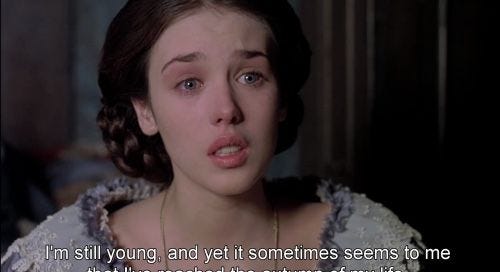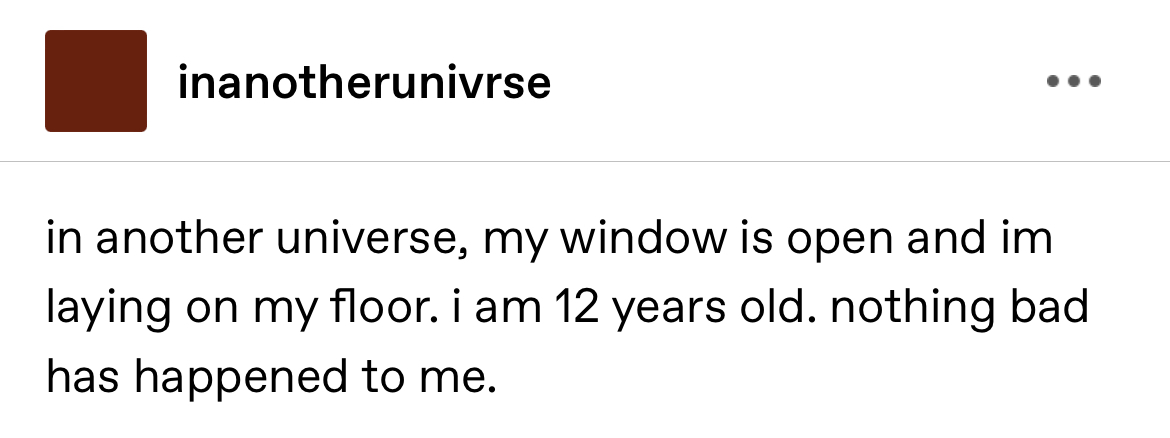i am a collection of dismantled almosts
postcard 26: on childhood dreams, former gifted kid disillusionment, and nostalgia as a souvenir shop
A woman will return, looking for the girl she was.
[This post gets cut off on email, so read it in the app or on your desktop <3]
prelude
I imagined them all thinking it was worth it. Telling me how much they loved me. All my life, when I thought of my future, that was what I pictured. Not a career. The things I thought would come with it. Happiness, love, safety. And that dream had been enough for a long time. What was school if not a chance to earn your worth? To prove, again and again, that you were measurably good. One more deal I struck with a disinterested universe: If I'm good enough, I'll be happy. I'll be loved. I'll be safe.
—Happy Place, Emily Henry
I grew up listening to my entire family telling me that I was a child prodigy.
According to my parents, at seven months old, I would crawl and bring my mom her glasses and hair tie every morning after watching her do so. By eleven months, I could point out every letter on the alphabet mat when I was asked. I was reading long classics by the time I was nine and every standardized reading test I took placed my level ‘out of bounds’, as in I quite literally didn’t fit on the scale. When I was eleven, I memorized 183 digits of pi in two days just because my math teacher thought I couldn’t.
All of this is not to brag about how much of a smart kid I was, but to explain the before and after in my life. It’s actually not that dramatic and thinking about it like that is perhaps incredibly juvenile. But the older I get, the more this lingers behind me like a sempiternal shadow. It feels like my entire life, I’ve just almost been measuring up and competing with this version of myself that I don’t remember being. Someone who I could have been if everything had gone my way.
I’ve been saying “almost” for as long as I’ve been conscious. I almost could have done this. I almost had this. I almost could have been this. And it’s been haunting me. Almost may seem like an abstract form of measurement, but measure it out to the inch, and you will find that it’s equivalent to the gap between never and reality.







